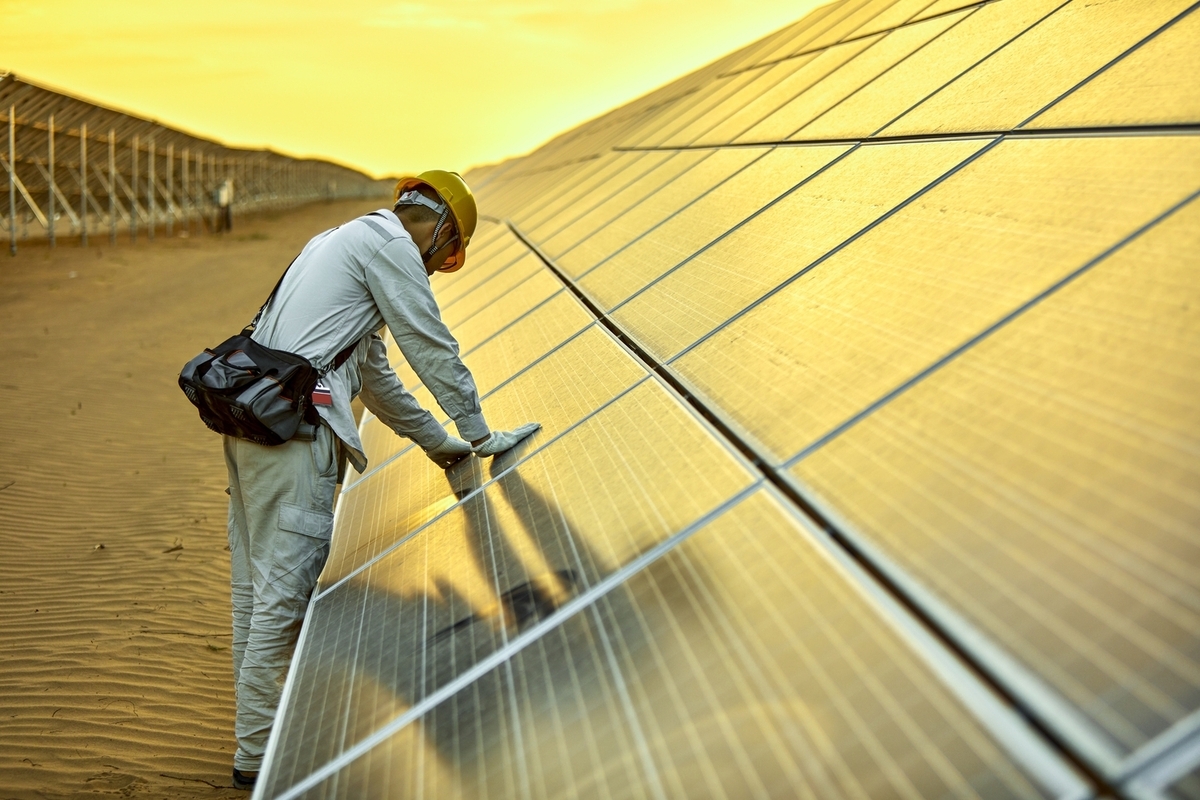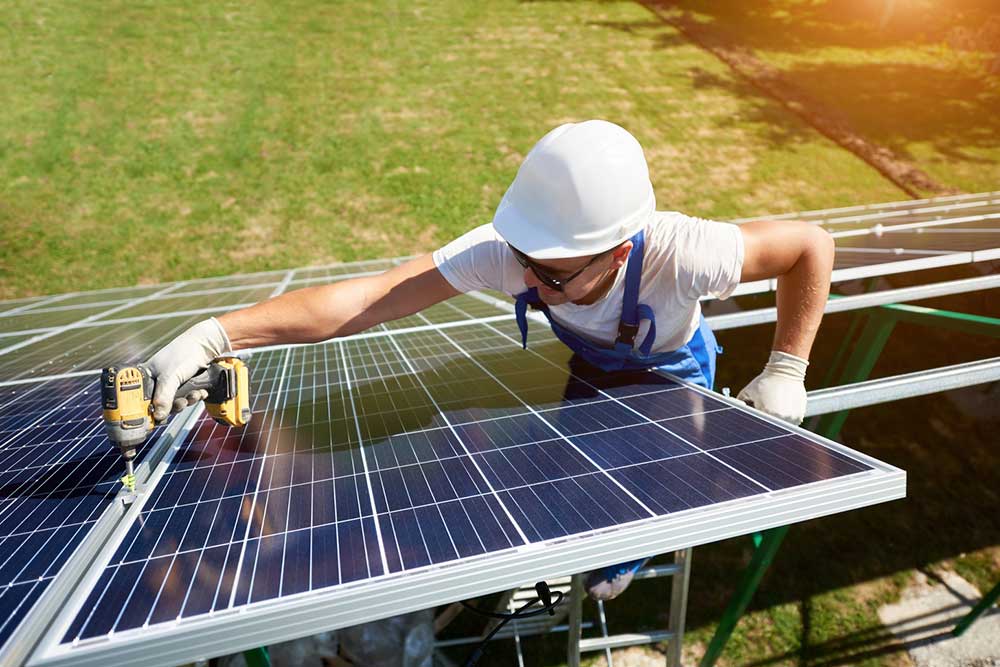Solar Panel Installation Cost Breakdown in Germany
This article examines the costs, incentives, and long-term benefits of installing solar panels in Germany. It highlights key expenses, government support, and the financial advantages of solar energy, emphasizing its role in sustainable development and energy independence. Making smart investment decisions now can lead to significant savings and environmental impact reduction, thanks to decreasing costs and available incentives.

Germany stands at the forefront of Europe's renewable energy sector, showcasing a robust solar power industry committed to sustainable development. As interest in solar energy grows among households and enterprises, understanding the associated costs becomes essential. This article explores the financial aspects of installing solar panels in Germany, highlighting key expense factors, available government incentives, and future savings potential.
Cost Factors for Solar Panel Installation
Initial Outlay
The upfront expenses vary based on system capacity, panel quality, and installation complexity. Typically, residential solar setups cost between €1,200 and €1,800 per kilowatt-peak (kWp). For an average 5 kWp system, total initial costs range from €6,000 to €9,000.
Cost Breakdown
Solar Modules: Core components whose prices depend on efficiency and brand.
Inverter: Converts DC power to usable AC, costing approximately €800 to €1,200 for a 5 kWp system.
Mounting Hardware: Expenses influenced by material type and installation difficulty.
Labor and Setup: Professional installation fees typically range from €1,000 to €2,000.
Local Permits and Inspection Fees: Usually €300 to €500, depending on the region.
Operational Expenses
Maintenance Costs: Low yearly costs, generally €100 to €200 for cleaning and system checks.
Inverter Replacement: Required roughly every 10-15 years, costing €800 to €1,200.
Government Support and Incentives
Germany offers several financial programs to ease installation expenses:
Feed-in Tariffs (EEG): Set payments for excess power fed into the grid, around €0.07 to €0.10 per kWh.
KfW Loans: Favorable low-interest loans covering up to 100% of setup costs, provided by the federal development bank.
Tax Advantages: Solar systems under 30 kWp are exempt from VAT, reducing overall costs; some operational expenses may also benefit from tax relief.
Long-Term Savings and Benefits
The payoff period for solar investments in Germany typically ranges from 8 to 12 years and offers substantial savings on energy bills. As energy prices increase, solar reduces reliance on grid power. Installing solar panels can also enhance property value and contribute to environmental conservation, aligning with national climate targets. With technological progress decreasing costs, solar energy becomes more affordable and accessible, making now an ideal time for investment.
Transitioning to solar power in Germany benefits both the environment and homeowners’ finances, fostering a sustainable future through long-term savings and increased energy independence. Supported by government incentives and evolving technology, solar energy is an excellent choice for residential and commercial users alike.


